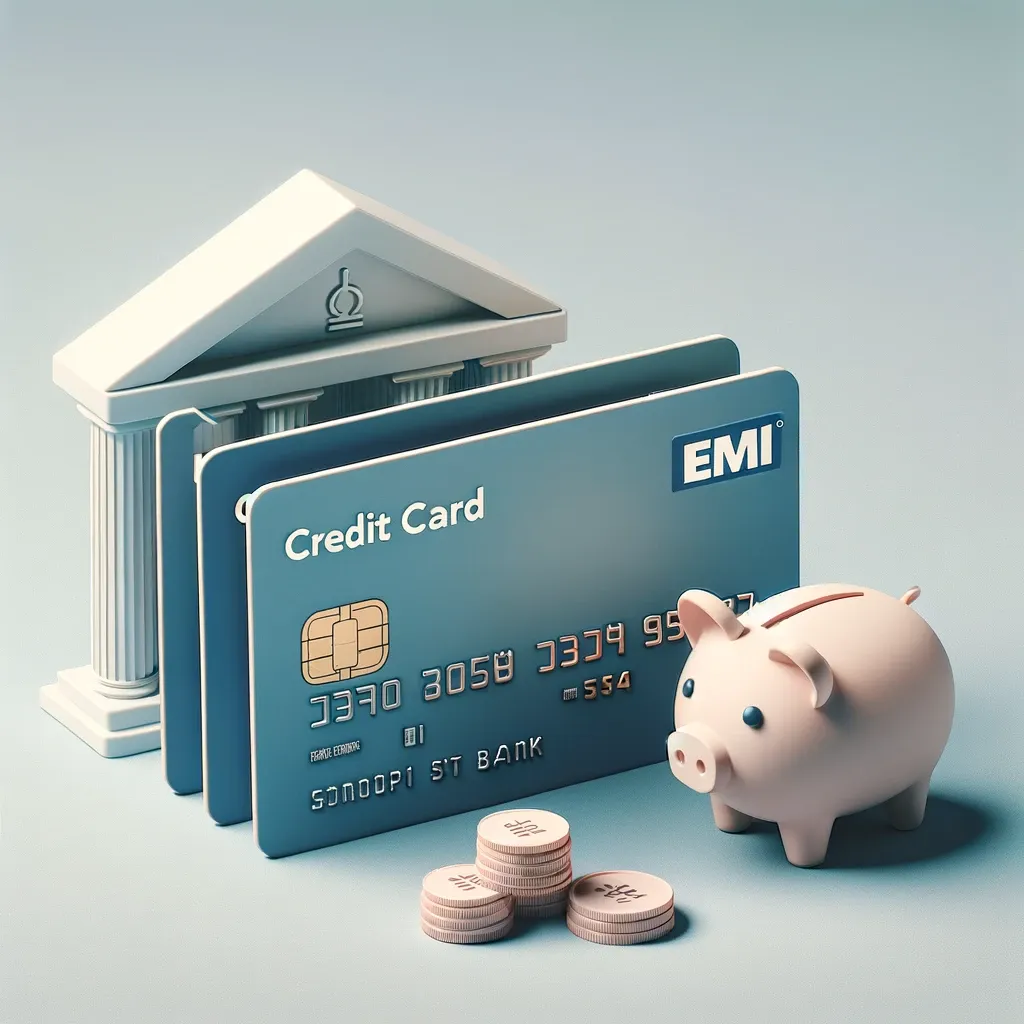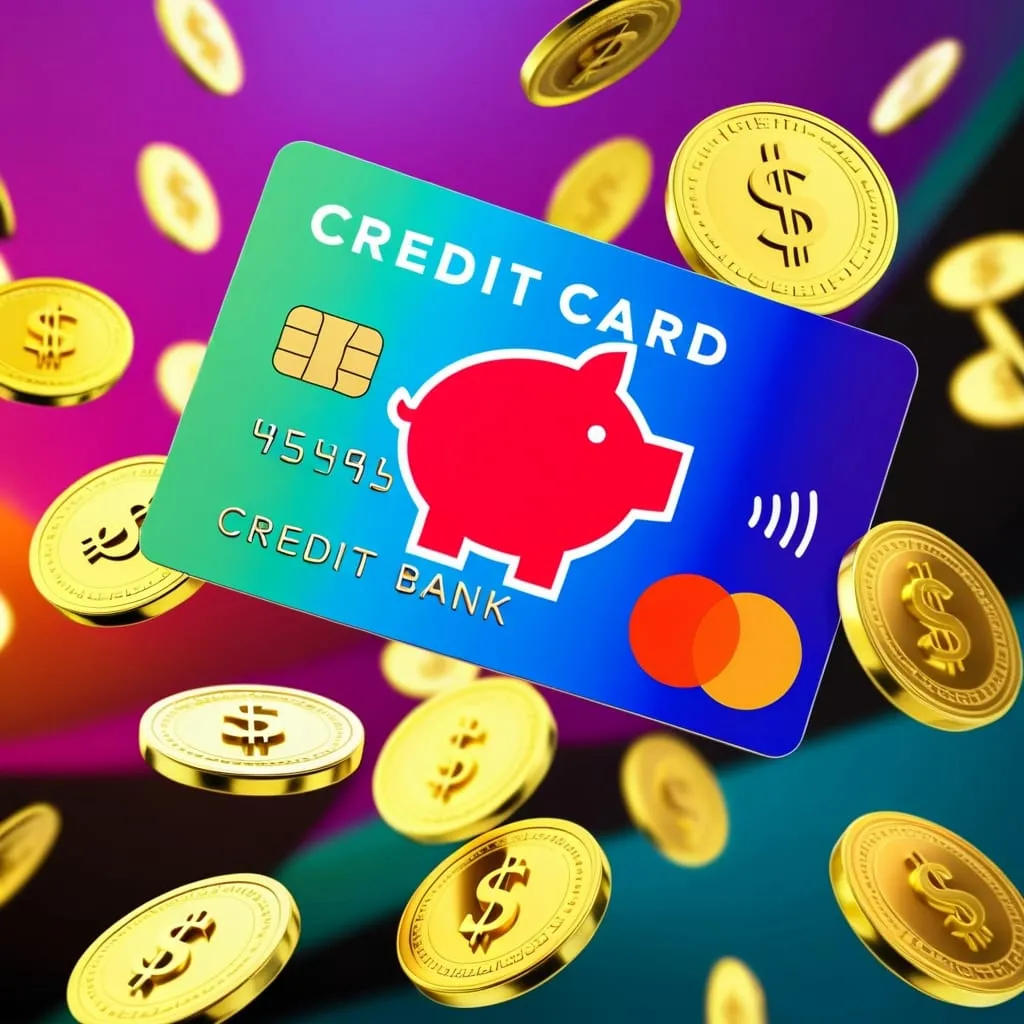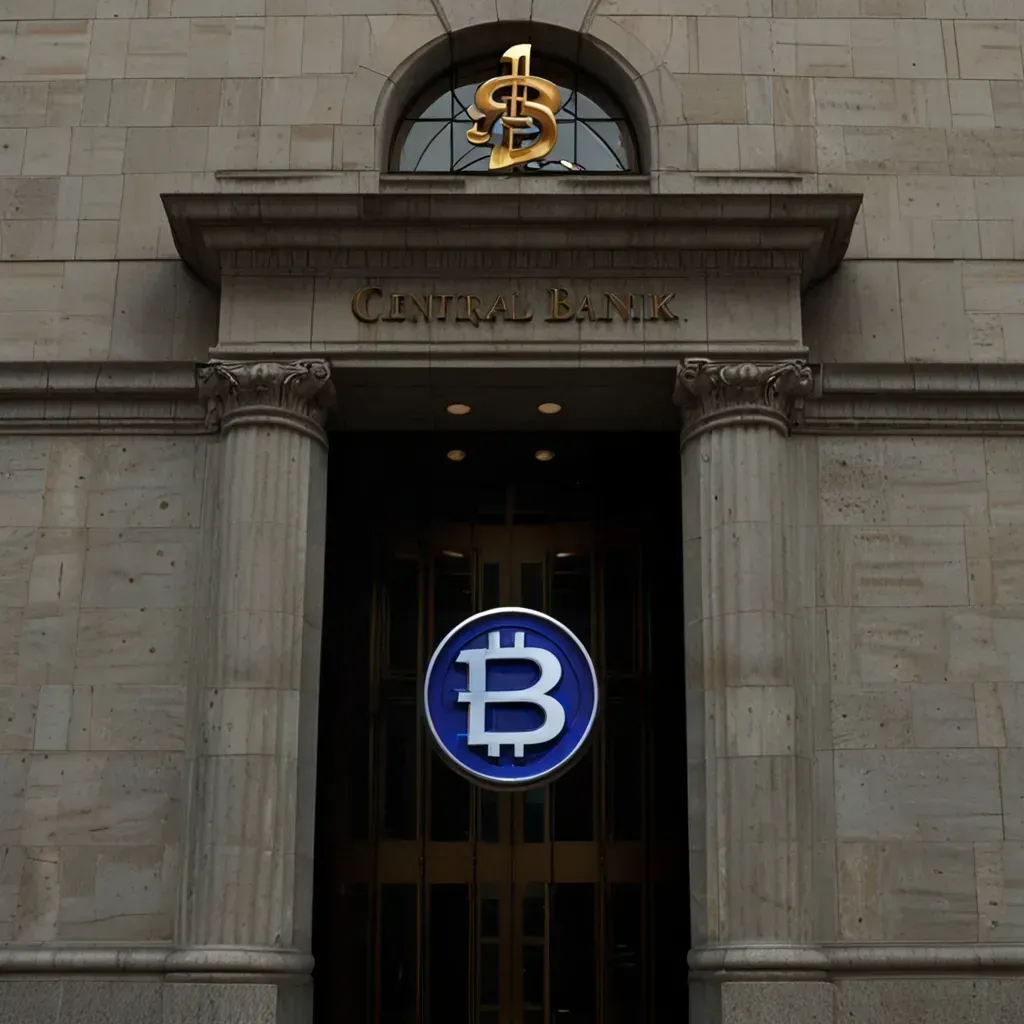Credit cards are a ubiquitous financial tool that many people use in their daily lives. At its core, a credit card is a financial instrument that allows cardholders to make purchases on credit up to a predetermined credit limit. Unlike debit cards, which deduct funds directly from your bank account, credit cards provide a short-term loan for your purchases.
However, it's essential to comprehend the intricacies of how credit cards work to avoid falling into financial pitfalls.
How Credit Cards Work
A fundamental aspect of credit card understanding is grasping the mechanics behind their operation. Credit cards operate on billing cycles, where you make purchases throughout the month, and a statement is generated at the end of the cycle. You're typically given a grace period to pay off the balance in full without incurring interest. However, if you carry a balance beyond this grace period, interest charges will apply, making it essential to pay your balance in full whenever possible.
Important Terms to Remember:
Billing Cycle: A specific period during which you make purchases on your credit card. At the end of the cycle, a statement is generated.
Grace Period: The time between the end of a billing cycle and the due date for payment when you can pay off your balance without incurring interest.
Interest Rate (APR): The annual percentage rate, expressed as a percentage, that represents the cost of borrowing money on your credit card when you carry a balance.
Credit Limit: The maximum amount you can borrow on your credit card. It's determined by the credit card issuer based on your creditworthiness.
Credit Score: A numeric representation of your creditworthiness, often used by lenders to assess the risk of lending you money.
Credit Utilization: The percentage of your credit limit that you've used. Lower utilization is generally better for your credit score.
Annual Fee: A yearly fee charged by some credit cards for access to their features and benefits.
Late Payment Fee: A fee charged when you fail to make at least the minimum payment by the due date.
Over-Limit Fee: A fee imposed when you exceed your credit limit on the card.
Minimum Payment: The smallest amount you can pay toward your credit card balance to remain in good standing, usually a small percentage of the total balance.
Credit Cards: Weapons of mass destruction
Here are several credit card practices that should be avoided at all costs. These detrimental behaviors can swiftly accumulate, resulting in a substantial debt burden that adds stress and financial hardship to the cardholder.
Consumer EMIs on Credit Cards:
This is a prominent pitfall that individuals frequently fall into in today's modern world. The ready availability of interest-based EMIs and zero-cost EMIs on credit cards may give the impression of a convenient way to acquire desired consumer goods. However, this practice can easily turn into a habit, leading to a pattern of making all purchases through EMIs.
Purchasing items with cash offers the advantage of delayed gratification and a sense of achievement when you acquire the desired item through savings. In contrast, credit cards allow for the simultaneous purchase of multiple items using the EMI option, potentially resulting in a situation where managing these EMIs becomes overwhelming, especially during unexpected emergencies.
Deferring Payments and Making Minimum Payments:
This behavior can be likened to unleashing a financial catastrophe on your life. Credit card companies impose exorbitant interest rates, typically ranging from 24% to 38% or even higher. Such high-interest rates have the potential to erode your financial assets, making loan repayment an exceedingly challenging endeavor.
Missing a payment not only incurs interest on the outstanding balance but also results in additional charges such as late payment fees or penalties for payment delinquency. Opting to pay only the minimum amount due serves to mitigate additional fees but leaves the burden of the exceptionally high interest rate largely intact.
Cash Withdrawal / Cash Advances:
Cash advances are transactions in which you borrow cash from your credit card issuer instead of making a purchase. While they provide quick access to funds, they can be costly, with interest rates often reaching as high as 36%. Additionally, cash advances typically come with fees, making them an expensive way to access money.
Exceeding Your Credit Limit:
Exceeding your credit limit on a credit card can result in over-limit fees, penalty interest rates, and potential damage to your credit score. It's essential to monitor your credit utilization to stay within your credit limit.
Opening Too Many Cards:
Opening multiple credit cards in a short period can lead to hard inquiries on your credit report, which may temporarily lower your credit score. Managing numerous accounts can also become overwhelming and increase the risk of mismanaging debt.
Ignoring Your Credit Score:
Neglecting your credit score can result in missed opportunities for favorable loan terms and financial products. Regularly monitoring your credit report and working to improve your score can open doors to better financial options.
Responsible Credit Card Use:
Paying Bills on Time: Responsible credit card use begins with ensuring that you pay your credit card bills on time. Timely payments not only help you avoid late fees but also contribute positively to your credit score. Consistently making payments by the due date demonstrates your reliability as a borrower.
Managing Credit Utilization: Credit utilization is the ratio of your credit card balances to your credit limits. Responsible cardholders aim to keep their credit utilization low, typically below 30% of the available credit. Maintaining low utilization can have a positive impact on your credit score and financial stability.
Budgeting and Expense Tracking: To avoid overspending and accumulating unmanageable credit card debt, it's important to create a budget and track your expenses. A well-structured budget helps you allocate funds for necessary expenses and prevents impulsive purchases.
Regularly Reviewing Statements: Responsible credit card users regularly review their credit card statements to check for any unauthorized or incorrect charges. Promptly reporting discrepancies can help protect you from fraud and billing errors.
Avoiding Cash Advances: Cash advances from credit cards often come with high fees and immediate interest charges. Responsible cardholders avoid using their credit cards for cash advances unless absolutely necessary.
Emergency Fund: Having an emergency fund in place can help you avoid relying on credit cards in times of unexpected expenses. Responsible users aim to build and maintain an emergency fund to cover unexpected financial setbacks.
For more on emergency fund check this article.
Value Investing
Golden Security: Safeguarding Your Future with Gold
Nithin Bharadwaj • Dec 31, 2023

Gold for Emergency Funds: An emergency fund is a financial safety net designed to cover unexpected expenses or financial emergencies. The primary purpose of an emergency fund is to provide immediate liquidity and financial security in cases of unforeseen circumstances such as job loss, medical emergencies, urgent home repairs, or any other critical situa…
Read full story →Regularly Monitoring Credit Score: Responsible cardholders regularly monitor their credit scores and reports to stay aware of their creditworthiness. This practice can help you identify and address issues that may affect your ability to access credit in the future.
Author’s Take:
Credit cards are undoubtedly valuable financial tools that promote effective expense tracking and offer incentives for essential purchases. However, mismanagement can lead to stress and financial burdens, particularly in countries like India, where they have been associated with severe consequences, including suicides.
Responsible usage is crucial, and it's worth noting that many financial experts like Warren Buffett caution against them.
Whether a credit card suits you depends on your discipline and ability to use it wisely; otherwise, it's advisable to abstain from it.






